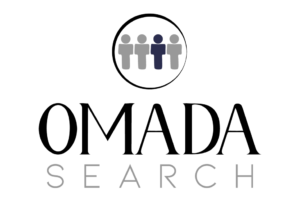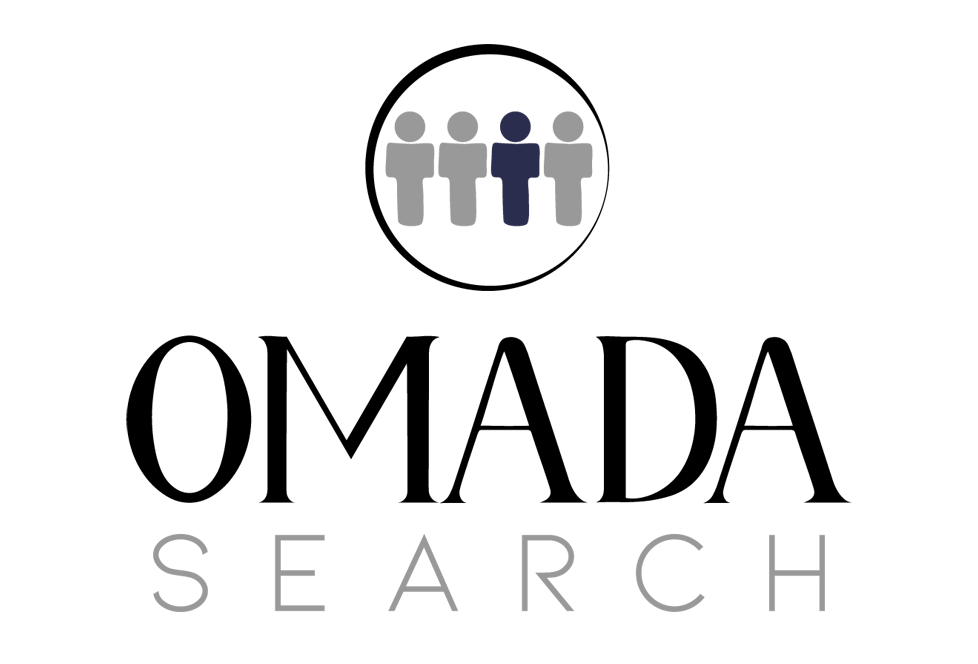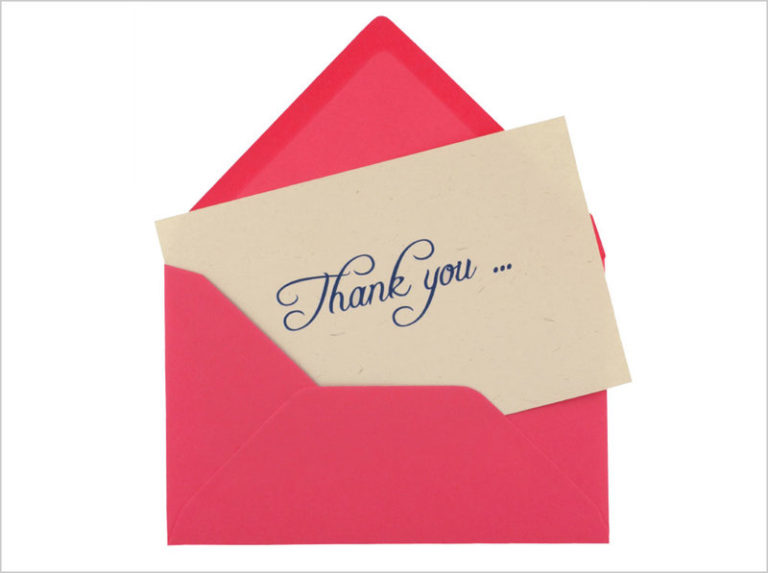You prepared your resume, researched the company, put on a confidence-boosting outfit and made a connection with the interviewer by building rapport. You had concrete examples for each scenario, asked insightful questions and overall, you nailed the interview. But you’re not done yet!
A thoughtful and timely thank you note can be the difference maker in securing a second interview or even landing a job. At Omada Search, we recommend sending something short and professional via email, ideally within 24 hours of the interview.
Though a well-written thank you note won’t save a botched interview or make up for a lack of relevant experience, it can sway a decision, so the best advice we can give is never leave anything to chance. Better to write one and hope it helps versus not write one and have it hurt your chances, because you never know! Here are a few example scenarios that a thank you note could solve:
- There was a miscommunication in the interview, or you wish you would have explained something with more clarity.
- There are two finalists for the role and the team is looking for reasons to hire one candidate over the other.
- The hiring manager is thrilled with a candidate, but unsure about their interest or desire to join the organization. They have other candidates to consider, so they don’t want to waste time with additional interviews or making an offer to someone who isn’t interested.
- The hiring manager is old school and believes that nothing in life is more important than good manners.
The issue with the above scenarios is that you don’t necessarily know if they apply to you. So just do it! Here are some helpful tips to get you started:
Basic Outline of a Thank You Note
Subject Line: Thank you for your time
Email Body:
- Begin with a personalized greeting (e.g. “Hello Susan” or “Hi Susan”)
- Start the main section of your email by thanking them and showing your appreciation for their time during the interview
- Make it personal by mentioning something specific you talked about in the interview or remind them why you feel you could excel in the position.
- Reaffirm your interest in the position and tell them you’re excited to hear about the next steps
- Tell them it’s ok to contact you if they have additional questions/concerns
Signature: Sign off with your full name (no initials) and contact information
Basic Example:
Hi (INTERVIEWER),
Thank you so much for your time today. It was a pleasure to learn more about the (POSITION TITLE) role, and I’m very excited about the opportunity to join (COMPANY) and help the team (VERB – examples: accomplish, streamline, meet targets, spearhead, etc.)(TEAM/BUSINESS OBJECTIVE OR GOAL DISCUSSED DURING INTERVIEW).
I look forward to hearing from you about next steps, but please don’t hesitate to contact me if I can provide any additional information.
All the best,
(YOUR NAME AND CONTACT INFO)
Additional Tips:
- Always proofread and use spellcheck! Keep in mind that employers will view your note as a “work sample,” so focus on sending something that is professional, with accurate spelling and grammar.
- Send the thank you note right after the interview, preferably on the same day. If you can’t send it on the same day, just send as soon as possible – better late than never!
- Don’t make it too long winded! Short, sweet and to-the-point is best.
- Writing a handwritten card is a nice touch, though it’s still a good idea to send an email, just to make sure they receive something in a timely manner.
- Include an article or information about a topic discussed during the interview.
- Don’t make the mistake of sending the exact same message to everyone who interviewed you. Try to make it personal or vary the details a bit.
Ultimately, the most important thing is that you send something to follow up and show interest. My mother always says, “better safe than sorry” and it is very applicable here. No matter how you feel about the job or company moving forward, you and another person (the interviewer) took time out of your day to speak and its appropriate to recognize that. She also often says, “you’ll never regret having good manners.” Going the extra mile to build a relationship and leave a lasting impression is an easy differentiator that most people don’t take advantage of.
And you never know if that note is what solidifies a second interview or breaks a tiebreaker between you and another final candidate. So, don’t overthink it; just do it! Because the fortune, and sometimes the job, really is in the follow up.





